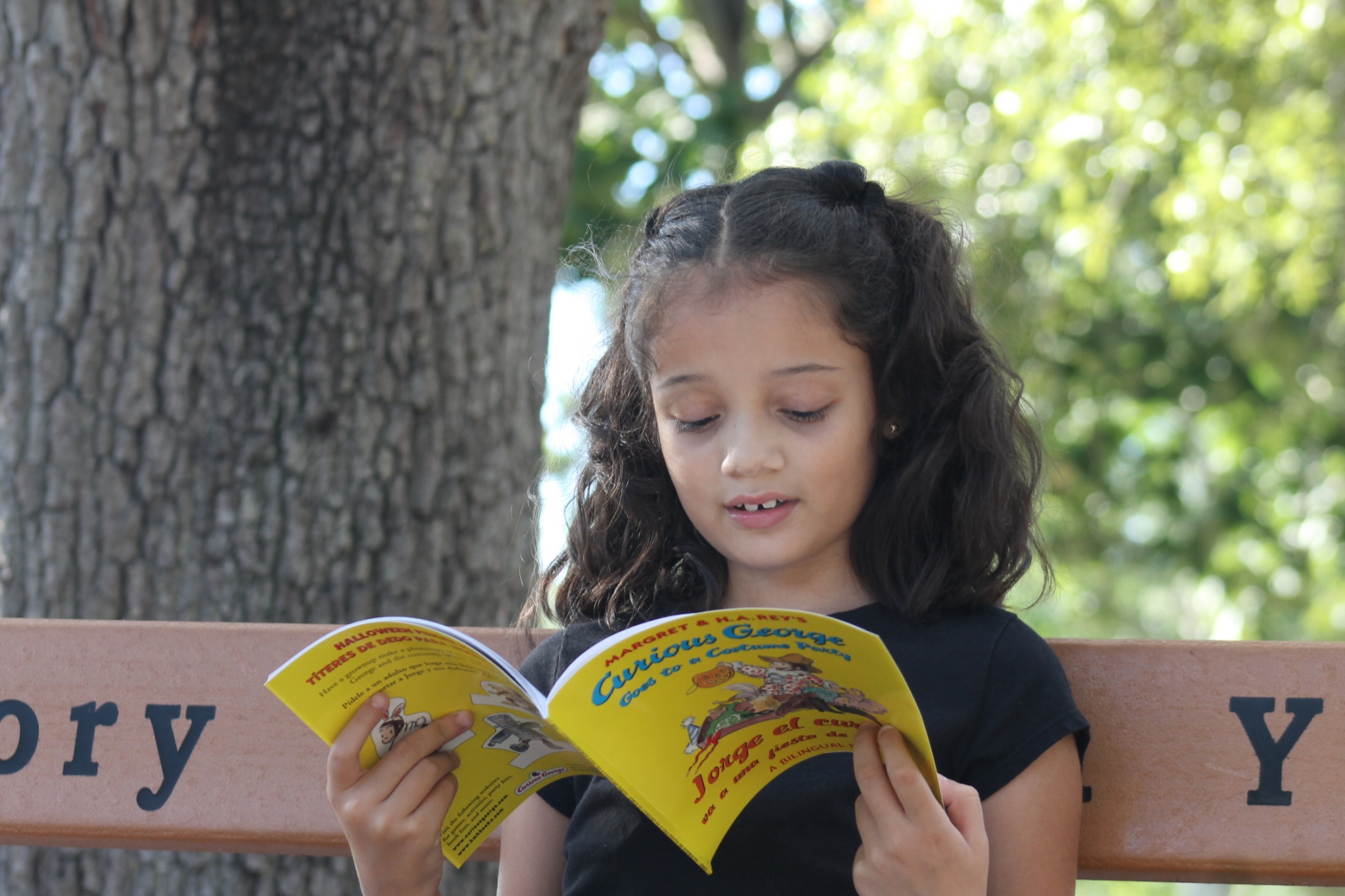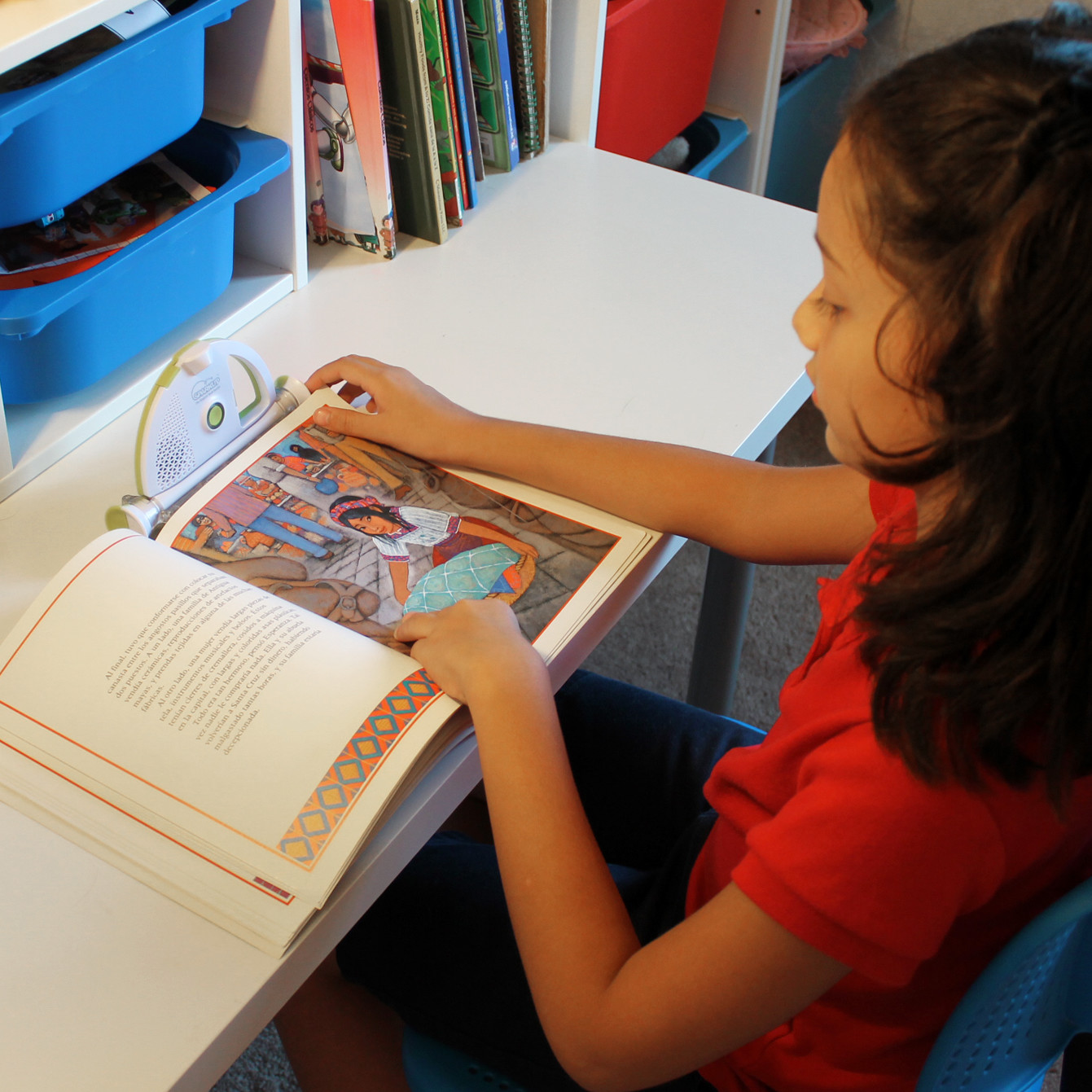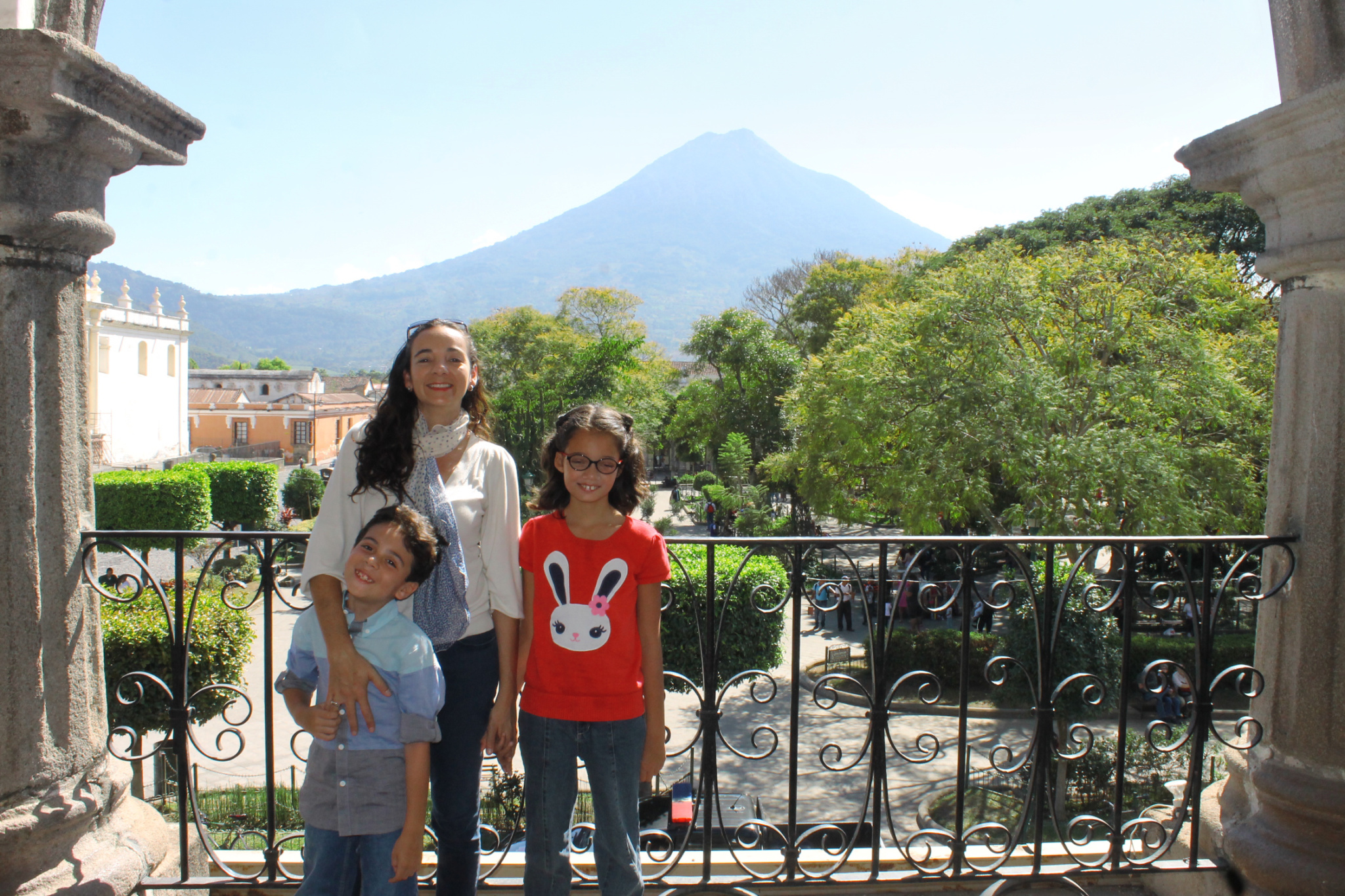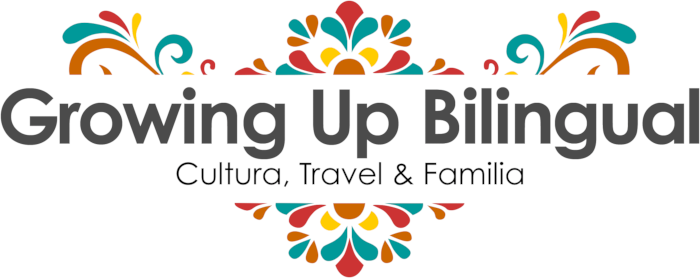The advantages of bilingualism and of learning more than one language have been proven time and time again, yet when it comes to children with special needs or speech delays many doctors and therapists convince parents that sticking to just one language is better for the child. I respectfully disagree with this view and my daughter is living proof that bilingualism is not only still possible when your child has a speech delay but it’s also something that can really help your child with their development. For us raising bilingual kids was an important part of raising third culture kids, since both my husband and I are from Guatemala and we speak Spanish at home.

It pains me to see so many children born to first generation immigrants, like ourselves, who never learn a second language or even children born in other countries who loose the second language when they come to the United States. Countless times I have heard pediatricians, teachers and therapists tell a parent who’s child seems to be behind developmentally or who has language and/or speech problems that they should just talk to that child in English. This recommendations are done without taking into account that the home language is also a family connection and a connection with that child’s roots and culture. If speaking your language is important to you and if you want your child to speak that language and maintain that connection with his heritage do not follow the advice of people who do not know the circumstances of your family and the importance the home language has for the social and emotional development of children who’s parents speak a language other than English at home.

I see all the time articles that talk about just focusing on one language, these articles base themselves on unfunded assumptions, short term budgets and myths. All over the wold people strive to learn more than one language in order to open doors for themselves and for their children. Specially if you are a parent who’s native language is other than English, you have in your hands the greatest gift for your children: the opportunity to teach them a second language at home.
Even if your child has a developmental disability or a language impairment there is no reason to limit to speaking to him only in English. Every child, regardless of his abilities or disabilities should have the right to participate and communicate fully with his family and his community, if this requires him to speak two languages then you should consider bilingualism for him.
A growing body of evidence supports the importance of keeping a child’s native or home language alive even if that child has special needs and/or a speech delay but I just wanted to provide my own perspective as a mother of a child who was diagnosed with Autism and a speech impairment at the age of 3. We chose to teach my daughter two languages and to keep Spanish alive at home. She is now 13 and she speaks and reads in both English and Spanish. Learning Spanish has helped her improve her speech, it has helped her build relationships and it has boosted her self esteem. It also provides her with opportunities other kids don’t have and it has given her a strong sense of identity and of self. She identifies with other Latino kids in school and knowing Spanish and being able to talk to them has become an ice breaker and a valuable tool for her social skills and for building relationships.

We travel to my home country of Guatemala and she is able to read the menus, order food, interact with people and navigate through different situations independently which has been amazing for her self esteem. My kids recently spent a week at a summer day camp in Antigua Guatemala and they loved making friends with kids in Guatemala and learning new things about the environment and the culture as they strengthened their Spanish language skills and all of this was possible because we’ve kept Spanish alive at home regardless of the hurdles and other people’s opinions about our decision. We plan to spend more summers abroad in Guatemala to reinforce Spanish and so that the kids can get acquainted with the culture and understand where they come from.
We use many strategies for teaching our kids Spanish and it wasn’t always easy but it was well worth it. I have written before about bilingualism and autism and how we made it happen, but I thought it was time to give you all an update on how things have progressed and how our decision of teaching my daughter Spanish is the best decision we could have made for her!
- Guatemalan Dulce de Chilacayote Recipe (Crystalized Chilacayote Candy) - February 26, 2024
- Guatemalan Naranjas en Miel Recipe (Candied Oranges Recipe) - February 25, 2024
- Traditional Guatemalan Candy - February 25, 2024


